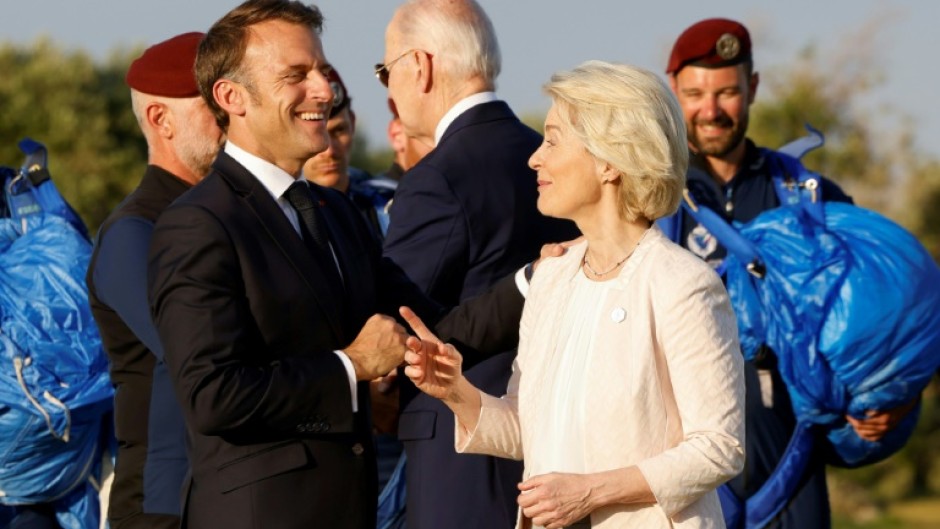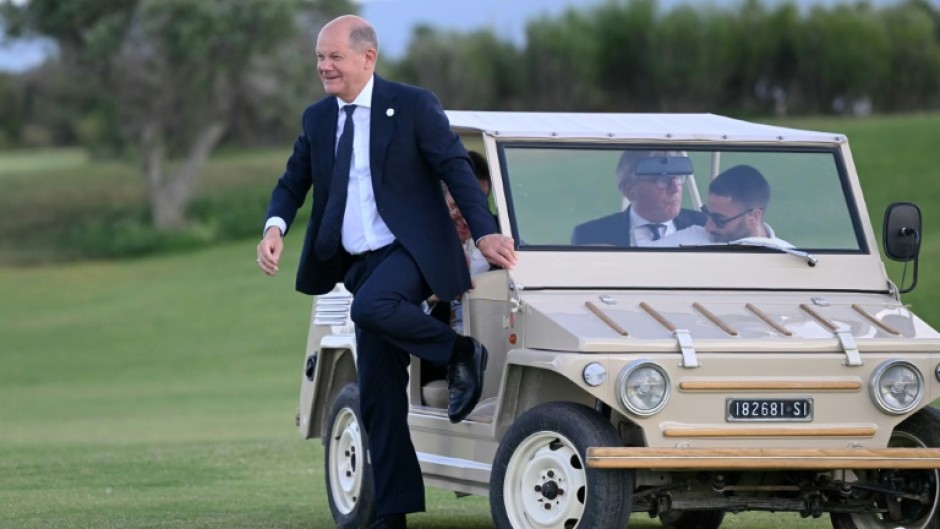EU leaders huddled in Brussels on Monday to thrash out how to divide up the bloc's top jobs, with early signals putting Ursula von der Leyen on track for a second term as chief of the powerful European Commission.
Far-right gains in EU-wide elections in early June, which triggered snap polls and political upheaval in France, appear to have focused minds around the positions helming the bloc -- negotiated with an eye to geographic and political balance.
The leaders of heavyweights France and Germany, Emmanuel Macron and Olaf Scholz, have both indicated -- following three-way talks with von der Leyen at last week's G7 summit -- that they expected things to move swiftly.
The German chancellor reiterated that as he arrived for the evening talks, saying: "I am sure we can find an agreement in the shortest possible time."
And while leaders are expected to formally make their choices known at a June 27-28 summit, several told reporters in Brussels the contours of a deal were already emerging.
"There seems to be an increasing amount of consensus" around the post of commission chief in particular, said Dutch Prime Minister Mark Rutte, adding that "it should be clear" von der Leyen has a "very good chance".
Irish prime minister Simon Harris echoed that assessment, saying: "I certainly haven't heard any other names being suggested at this stage."
Monday's meeting kicked off in von der Leyen's presence, but she was to leave before the leaders' dinner intended to debate the top jobs.
Von der Leyen's European People's Party (EPP) was the biggest winner in the June 6-9 EU Parliament elections, cementing the German conservative's bid for five more years leading the executive body of the world's second-largest economy.
The other roles to be decided are: president of the European Council, which represents member states and is currently filled by Charles Michel; and the "high representative" -- the EU's foreign policy chief -- currently Josep Borrell.
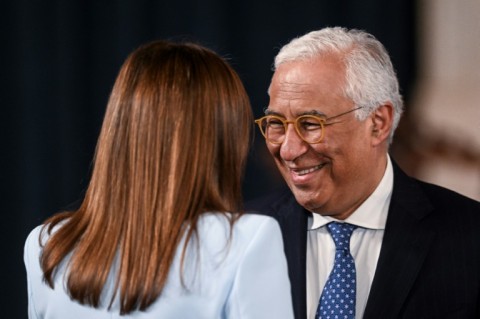
The second-biggest group in parliament, the Socialists and Democrats (S&D), have their sights set on the Council position, with Antonio Costa, Portugal's 62-year-old former prime minister, seen as the front-runner.
Costa resigned after becoming embroiled in a corruption probe, but the case has since appeared to come apart, and diplomats suggest it is unlikely to stand in his way.
The high representative position could go to Kaja Kallas, 46, current premier of Estonia and an outspoken Kremlin critic -- in a strong signal to the EU's east.
The office of Poland's Prime Minister Donald Tusk tweeted ahead of the talks that the bloc's biggest eastern power was backing Kallas for the role.
A fourth job is in play is that of European Parliament president, which is decided by the legislature, not the leaders. It is likely to return the incumbent, the EPP's Roberta Metsola, 45, for another two-and-a-half-year term.
- Macron and Scholz weakened -
To secure the nod from EU leaders, von der Leyen, 65, needs support from a "qualified majority" of 15 out of 27 countries, covering at least 65 percent of the bloc's population.
A dozen leaders come from her EPP political grouping, but she also needs to win over Macron, from the centrist Renew Europe group, and Scholz of the S&D.
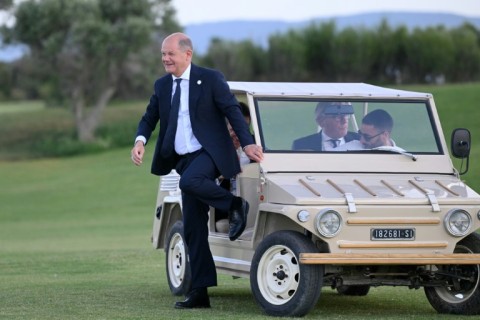
Both leaders of the French-German axis at the heart of the European Union have emerged weakened after being beaten by far-right parties in the EU Parliament elections.
Most spectacularly, in France the National Rally (RN) of Marine Le Pen trounced the party of the president, who now faces the prospect of the RN's leader -- the 28-year-old TikTok-friendly Jordan Bardella -- potentially becoming his prime minister.
Conversely, the elections strengthened the hand of Italy's prime minister, Giorgia Meloni, who diplomats suggest may want to let the dust settle in the new EU parliament -- where her far-right party's grouping gained seats and may yet gain more -- and negotiate accordingly.
- Parliament hurdle -
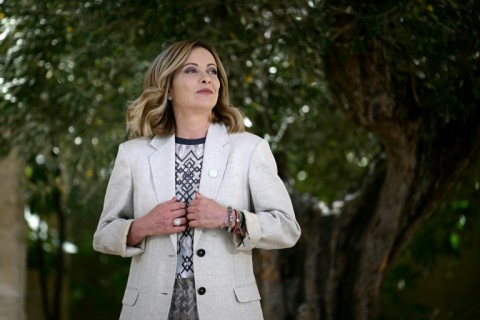
If, as expected, von der Leyen ultimately pockets enough leaders' votes, she can set about choosing her commissioners -- drawn from each of the EU member countries, with consideration for gender balance and political affiliation.
But she will have one more hurdle to pass: The new European Parliament has to approve leaders' picks and proposed commissioners.
Most lawmakers from the EPP, which holds 190 seats in the incoming 720-seat parliament, will endorse von der Leyen, but she will need support from elsewhere to secure a majority.
That would likely come from the other mainstream political families, the S&D and Renew, or from the Greens -- but von der Leyen has also been covering her bases by courting Meloni on the hard right.
By Emma Charlton
*The information contained in the article posted represents the views and opinions of the author and does not necessarily represent the views or opinions of eNCA.com

